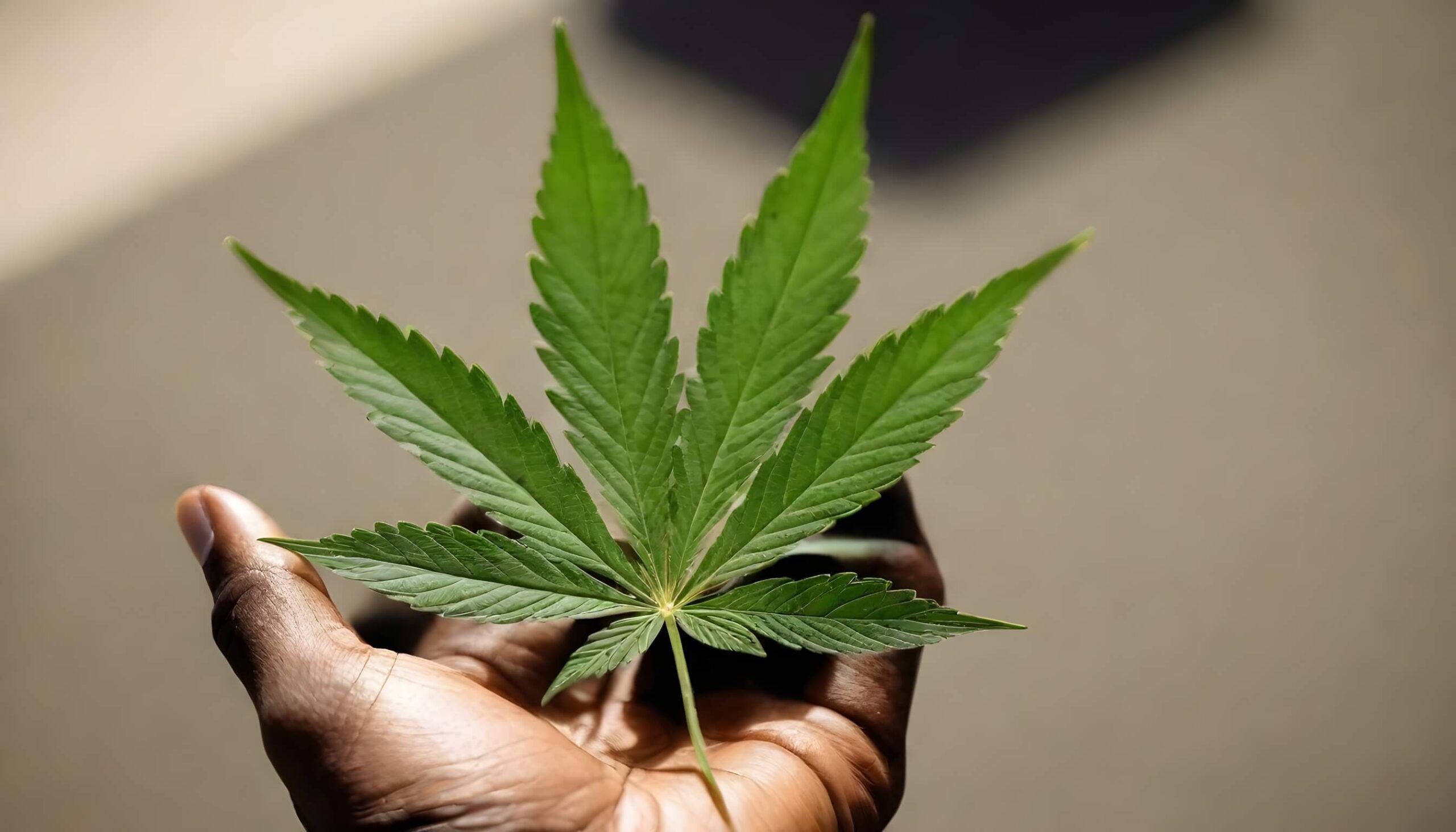Minnesota is set to clear more than 60,000 misdemeanor cannabis-related criminal records before the original August deadline, as reported by the state Bureau of Criminal Records. This move is part of a broader effort across the nation to rectify the inequitable impact of cannabis criminalization on different communities.
Data from the state’s Bureau of Criminal Records indicate that Minnesota will clear these records significantly ahead of schedule by May. The expungement process is proving to be faster and more efficient than initially anticipated.
A Step Towards More Equitable Cannabis Policy
During a discussion with the Star-Tribune, Jim Rowader, the executive director of the board, pointed out the uneven targeting of Black and Brown populations in the U.S. for offenses related to cannabis. He highlighted that these communities are often arrested at rates three to four times higher than others for similar crimes, underscoring the need for reforms in the criminal justice system to foster fairness.
Rowader also shed light on the far-reaching consequences of having a criminal record, mentioning how it can create obstacles in securing housing, education, and employment. Minnesota is taking steps to accelerate the expungement process for numerous misdemeanors, aiming to lessen these disparities and help affected individuals to improve their life situations.
Potential Felony Expungements Also Under Review
Beyond clearing misdemeanor records, state officials are also investigating more complex felony cases. While not all of these cases qualify for relief, more than 200,000 felony drug cases are believed to require attention. Rowander estimates that the board will consider at least 25,000 cannabis-related felonies for potential expungement.
The review of felony cases is a crucial step towards achieving fairer outcomes for those with a history of cannabis-related offenses in Minnesota. As criminal justice reform progresses, state officials are working diligently to identify and address additional areas of concern within the system.
Influence on Future Cannabis Policy
This rapid clearance of misdemeanor records, along with the ongoing review of eligible felony cases, reflects a shifting attitude towards cannabis crimes across the nation. The situation in Minnesota is representative of a broader push for progressive policies and equity-focused measures.
Federal lawmakers, as well as state legislators from various states, are considering similar legislation aiming to reduce or eliminate penalties associated with the possession, sale, and cultivation of cannabis – steps long overdue for communities unfairly penalized under archaic drug laws.
Looking Ahead: Opportunities and Challenges
While the expungement process in Minnesota signals progress for both the individuals affected and the State’s commitment to rectifying historic injustices, challenges remain. Some important tasks facing state officials and the newly established board are canvassing all qualifying cases, collecting relevant data, and ensuring that the necessary resources are in place to make informed decisions.
In addition, it remains to be seen how other states will draw upon Minnesota’s example when implementing similar initiatives in the future. To fully comprehend the impact of these developments and predict forthcoming changes within the realm of cannabis policy, it is essential to monitor case proceedings and analyze legal updates at both state and federal levels. Furthermore, tracking engagement and feedback from affected communities will provide invaluable insights into the real-life consequences of ongoing reform efforts.
Although it is still in the early days, Minnesota’s bold and rapid approach towards clearing misdemeanor records and considering felony expungements is a compelling example for other states and policymakers. It sends a clear message that a new era premised on equity, justice, and fair treatment is dawning in the world of cannabis policy.





